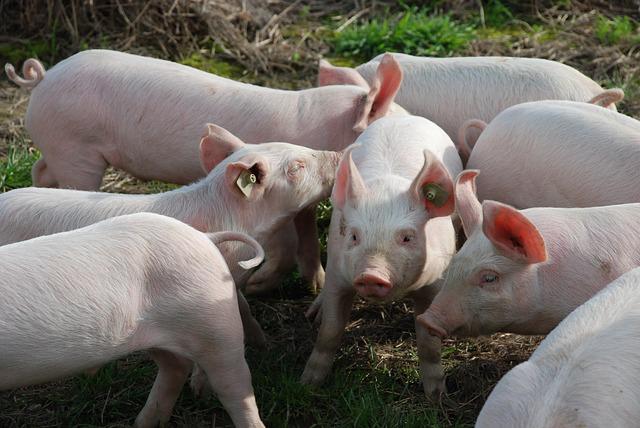First case of ASF in domestic pigs in Baden-Württemberg

The Federal Ministry of Food and Agriculture (BMEL) reports that African swine fever (ASF) first appeared in a domestic pig population in Baden-Württemberg. The national reference laboratory, the Friedrich-Loeffler-Institut (FLI), has confirmed a finding of the Baden-Württemberg state laboratory in the corresponding sample and will now support the responsible authority in investigating the entry route of the pathogen into the on-site population. The farm last kept 35 free-range animals and is located in the district of Emmendingen. All animals still in the stock were killed immediately and properly disposed of.
The local authorities responsible have taken appropriate protective measures and, among other things, defined a protection zone and a surveillance zone around the company. Biosecurity measures on farms are an important factor in protecting pig populations from the entry of the ASF pathogen. Enforcement of animal health law and thus the implementation of animal disease control is the responsibility of the local authorities responsible under state law. The federal government supports the federal states via the Federal Research Institute for Animal Health (FLI) in diagnostics, outbreak investigation and control of the animal disease.
Background: African swine fever (ASF) is a severe viral infection that only affects pigs, i.e. wild and domestic pigs, and is usually fatal to them. ASF is harmless to humans. On September 10, 2020, a first case of ASF was confirmed in a wild boar in Germany. Since then, ASF cases have occurred in Brandenburg (wild and domestic pigs) and in Saxony (wild pigs) and in 2021 also in Mecklenburg-Western Pomerania (wild and domestic pigs).
